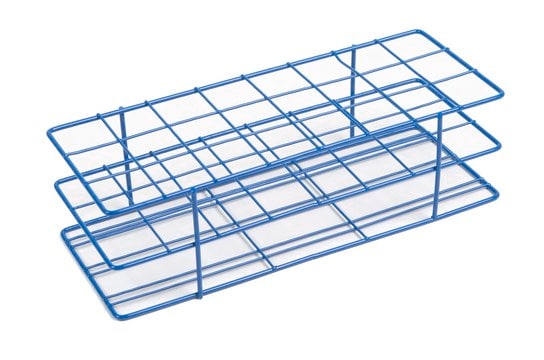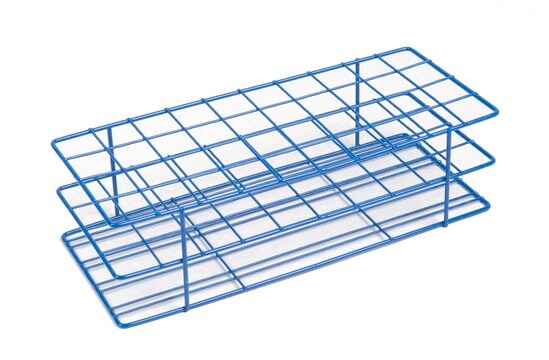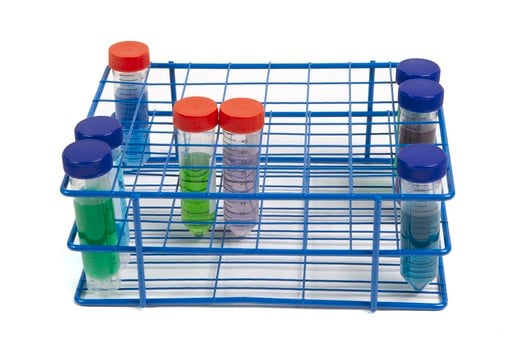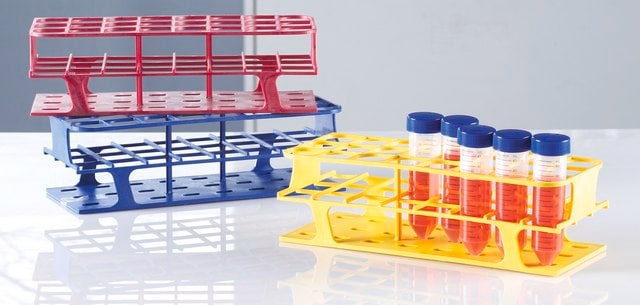推薦產品
生物源
mouse
抗體表格
purified immunoglobulin
抗體產品種類
primary antibodies
無性繁殖
10B2, monoclonal
物種活性
human
物種活性(以同源性預測)
rat (based on 100% sequence homology), mouse (based on 100% sequence homology)
包裝
antibody small pack of 25 μg
技術
immunofluorescence: suitable
western blot: suitable
同型
IgG1κ
NCBI登錄號
UniProt登錄號
目標翻譯後修改
unmodified
基因資訊
human ... PKP1(5317)
一般說明
Plakophilin-1 (UniProt: Q13835; also known as Band 6 protein, B6P) is encoded by the PKP1 gene (Gene ID: 5317) in human. Plakophilins are proteins that are involved in linking adherins to cytoskeletal intermediate filaments. They contain numerous armadillo (ARM) repeats and localize to cell desmosomes and nuclei. Plakophilin-1 may be involved in molecular recruitment and stabilization during desmosome formation. It is also shown to be important for tooth development and regulates ZO-1 distribution in the dental epithelium. Two isoforms of Plankophilin-1 have been reported that are produced by alternative splicing. Isoform 1 is expressed in stratified squamous, complex, glandular duct and bladder epithelia and isoform 2 is widely expressed. Plakophilin-1 is shown to be highly expressed in teeth and skin, and was upregulated during tooth development. It is reported to be involved in the regulation of Wnt signaling via its ARM repeat domains in a manner similar to beta-catenin and Wnt activation induces its nuclear translocation. Mutations n PKP1 gene are shown to cause ectodermal dysplasia-skin fragility syndrome that is characterized by cutaneous fragility and congenital ectodermal dysplasia affecting skin, hair and nails. (Ref.: Sprecher, E., et al (2004). J. Invest. Dermatol. 122(3); 647-51; Miyazaki, K et al. (2016). PLoS ONE 11(3): e0152206).
特異性
Clone 10B2 specifically detects Planophilin-1 and targets an epitope with in the first 27 amino acids from the N-terminal region.
免疫原
Epitope: N-terminus
MBP-conjugated recombinant fragment corresponding to the first 235 amino acids from the N-terminal region of human Plakophilin-1.
應用
Anti-Plakophilin 1, clone 10B2, Cat. No. MABT1505, is a mouse monoclonal antibody that detects Plantophilin 1 and has been tested for use in Immunofluorescence and Western Blotting.
Research Category
Cell Structure
Cell Structure
Western Blotting Analysis: A representative lot detected Plakophilin 1 in Western Blotting applications (Pigors, M., et. al. (2011). Hum Mol Genet. 20(9):1811-9).
Immunofluorescence Analysis: A representative lot detected Plakophilin 1 in Immunofluorescence applications (Sprecher, E., et. al. (2004). J Invest Dermatol. 122(3):647-51;Pigors, M., et. al. (2011). Hum Mol Genet. 20(9):1811-9).
Immunofluorescence Analysis: A representative lot detected Plakophilin 1 in Immunofluorescence applications (Sprecher, E., et. al. (2004). J Invest Dermatol. 122(3):647-51;Pigors, M., et. al. (2011). Hum Mol Genet. 20(9):1811-9).
品質
Evaluated by Western Blotting in PC3 cell lysate.
Western Blotting Analysis: 1 µg/mL of this antibody detected Plakophilin 1 in 10 µg of PC3 cell lysate.
Western Blotting Analysis: 1 µg/mL of this antibody detected Plakophilin 1 in 10 µg of PC3 cell lysate.
標靶描述
~80 kDa observed; 80.50 kDa calculated. Uncharacterized bands may be observed in some lysate(s).
外觀
Protein G purified
Format: Purified
Purified mouse monoclonal antibody IgG1 in buffer containing 0.1 M Tris-Glycine (pH 7.4), 150 mM NaCl with 0.05% sodium azide.
儲存和穩定性
Stable for 1 year at 2-8°C from date of receipt.
其他說明
Concentration: Please refer to lot specific datasheet.
免責聲明
Unless otherwise stated in our catalog or other company documentation accompanying the product(s), our products are intended for research use only and are not to be used for any other purpose, which includes but is not limited to, unauthorized commercial uses, in vitro diagnostic uses, ex vivo or in vivo therapeutic uses or any type of consumption or application to humans or animals.
未找到適合的產品?
試用我們的產品選擇工具.
儲存類別代碼
12 - Non Combustible Liquids
水污染物質分類(WGK)
WGK 1
閃點(°F)
does not flash
閃點(°C)
does not flash
分析證明 (COA)
輸入產品批次/批號來搜索 分析證明 (COA)。在產品’s標籤上找到批次和批號,寫有 ‘Lot’或‘Batch’.。
我們的科學家團隊在所有研究領域都有豐富的經驗,包括生命科學、材料科學、化學合成、色譜、分析等.
聯絡技術服務







